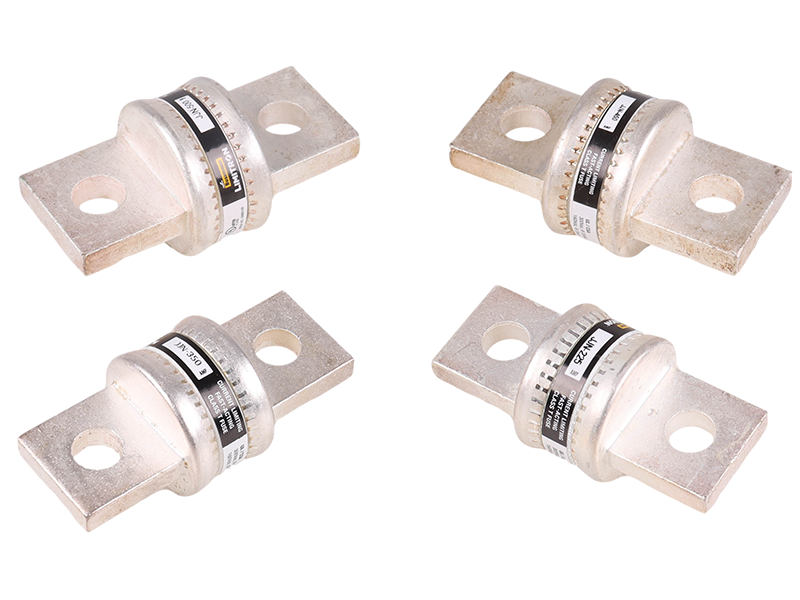
Choosing the Right Fuses for Your Lithium Battery System
Share
The Importance of Correct Fuses in Lithium Battery Systems
When setting up a lithium battery system, one of the most critical decisions you'll make involves choosing the correct fuses. The importance of this choice cannot be overstated, as using the wrong type of fuse can lead to severe damage and safety risks, because not all fuses act at the same speed and disconnect process. If you use the wrong type of fuse you could be making the problem even worse because the wrong fuse could create a path for an electrical arc through the fuse and could cause an electrical fire.
Understanding Battery Behavior and Fuse Requirements
First it's essential to understand the short-circuit current of your battery system. In other words, if you connected the plus and minus on your battery there would be very high current, but there is some amount of resistance inherent to all batteries. Understanding your short circuit current is crucial in making informed decisions about fuse selection. For instance, in a short-circuit condition, each cell's discharge rate provides insights into what type of fuse is necessary.
Types of Fuses for Lithium Battery Systems
For battery systems it is not advised to use standard glass fuses. They often lack the necessary interrupt current rating for a lithium battery bank, posing a significant risk.
There are various fuses to consider, such as blade-style, ANL fuses, and standard 10x38 fuses. Blade-style fuses, common in automotive applications, aren't typically suitable for lithium battery systems. ANL fuses may also fall short in voltage specifications for these types of batteries.
A better option is the standard 10x38 fuses for smaller battery systems. These come with ceramic tubes filled with auxiliary materials, providing the high interrupt current ratings necessary for lithium battery systems.
For quality assurance, some reliable and safe brands to consider are Blue Sea Systems and Little Fuse.
Fuse Selection for Large Battery Banks
In large battery banks, the fuse selection becomes even more critical. UL 248-14 certification fuses are advisable. Smaller style fuses mentioned earlier like the 10x38 fuses, may not suffice. But Class T fuses, like the Bussmann JJN350, are recommended due to their high interrupt current rating and fast-acting response, making them suitable for the demanding needs of large battery banks.
Additionally, short-circuit protection is vital. A properly sized fuse acts as the first line of defense. Using thin fuse wire is discouraged due to the uncontrolled risks involved. For larger setups, knife-style NH fuses are preferable, though finding UL-listed options can be challenging.
Fuses for sale on OG Solar Store: |
High Rupture Capacity (HRC) Fuses
For systems that might experience high amperage under short-circuit conditions, High Rupture Capacity (HRC) fuses are the way to go. Class T fuses, filled with ceramic or sand materials, are ideal for lithium or high-current battery banks.
Avoid using automotive blade or glass tube fuses for solar or lithium battery applications. To ensure the safety and quality of your fuses, stick with reputable brands like Siemens, Little Fuse, or Bussmann, and always check for UL listings.
Conclusion
Selecting the right fuses for your lithium battery system is crucial for safety and reliability. By understanding the specific requirements of your system and opting for high-quality, UL-listed fuses, you can ensure the long-term safety and efficiency of your lithium battery setup. Remember, the right fuse can make all the difference in protecting your investment.
Here is a great video explaining in more detail:

